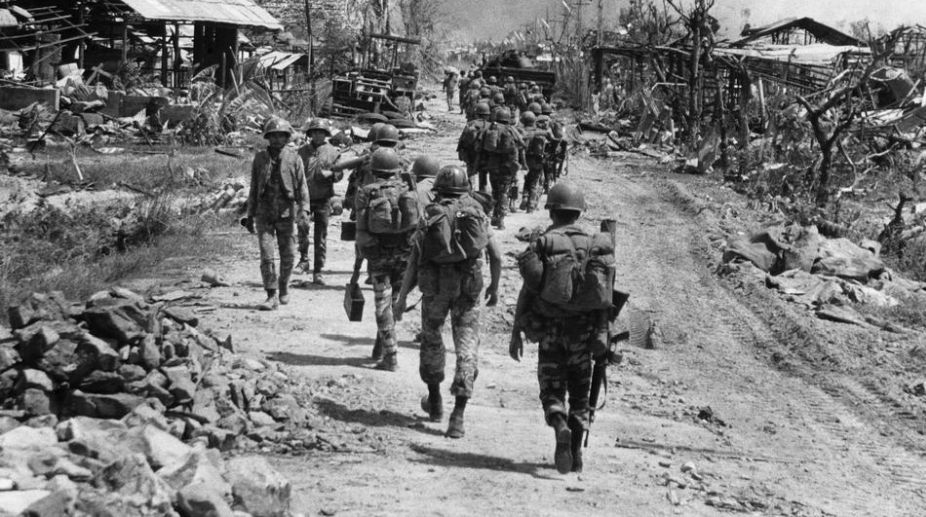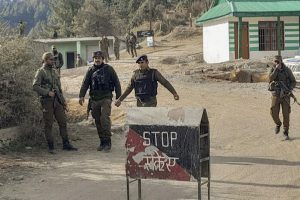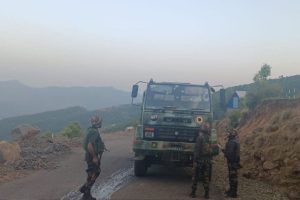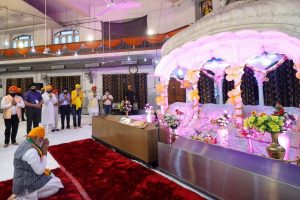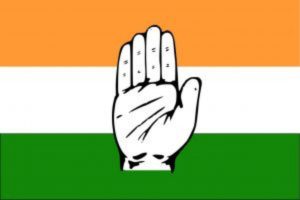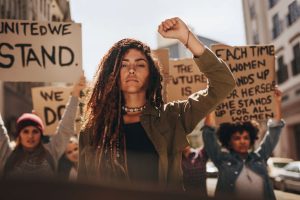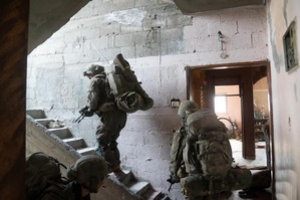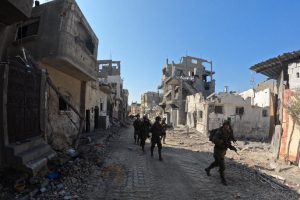Sôn Tran was seventeen when two soldiers came to pick up his father. It was July 1975 and Saigon, the capital of South Vietnam had fallen two months ago to the National Liberation Front, the Viet Cong.
His father, Tran Kim, was a police lieutenant in the previous administration and was a prime target for ‘reeducation.’ The soldiers said Tran Kim was to leave forthwith for a designated ‘camp’ and carry food for three days. He vanished without a trace.
His family, his wife and children including Sôn Tran, had no idea where he was. Friends or neighbors who had similarly disappeared were equally untraceable. In absence of the only earning member, the seven children scrambled to find jobs or errands to earn some money.
Advertisement
Sôn Tran worked as a day laborer, doing odd jobs, till he found a job in an office. At night they ate a bowl of rice with vegetables; the family could not afford fish or meat. Week by week, they sold everything in the house to buy food and clothes.
After three months came a scribbled note telling them Tran Kim was in the ominously named Suôi Mau (“stream of blood”) camp near Bien Hoa, 20 miles north-east of Saigon. Sôn Tran took a bus, then biked seven miles of dirt road to reach the camp.
There was no education or reeducation in the camp; only hard farm labor, to extract vegetables and corn from forest-cleared land. Tran Kim had reduced to a skeleton, but was luckier than others who had died of malnutrition or disease. There was no doctor. Tran Kim spent seven years in camps, including four years in a further and harsher one in Xuân Lôc. Sôn Tran visited him every month.
He carried food packets, biking miles and miles of rough village track to reach the camp. That helped Tran Kim survive, and when he emerged in 1983, just skin and bones, his family was reduced: a sick son had died practically without treatment and a daughter, who had joined other boat people in an attempt to go overseas, had drowned at sea. Seven years later Tran Kim learned of the new US programme offering refugee status to people who had suffered under the new administration in Vietnam. Helped by his children, he completed the application and was approved.
In August 1993 the Tran Kim family arrived in Seattle, completed their paperwork, aided by Church World Service, and flew to Washington via Chicago. Sôn Tran’s brother-in-law, who had years earlier taken a boat out of Vietnam and landed in Malaysia and later moved to the US, lived in Washington and helped the family find an apartment.
To Sôn Tran, 36, after the nightmare he had lived through, “everything seemed different, but everything seemed good.” Besides Vietnamese he spoke some French; now he set about learning English. A Vietnamese construction company hired him as a handyman, and he quickly learned caulking, painting and plumbing. Pleased with his work, an American client found him a better job, which in turn led him to start his own company.
He felt he had become a trueblue American the day he got his driving license and promptly bought his first car for $700. He didn’t bike any more. Sôn Tran, now 60, is a successful business contractor in Washington who helped refurbish my house. The days when he biked wearily to the Stream of Blood camp with small packets of food for his skeletal father, however, remains his most vivid memory forever.
(The writer is a Washington-based international development advisor and had worked with the World Bank. He can be reached at mnandy@gmail.com)
Advertisement

